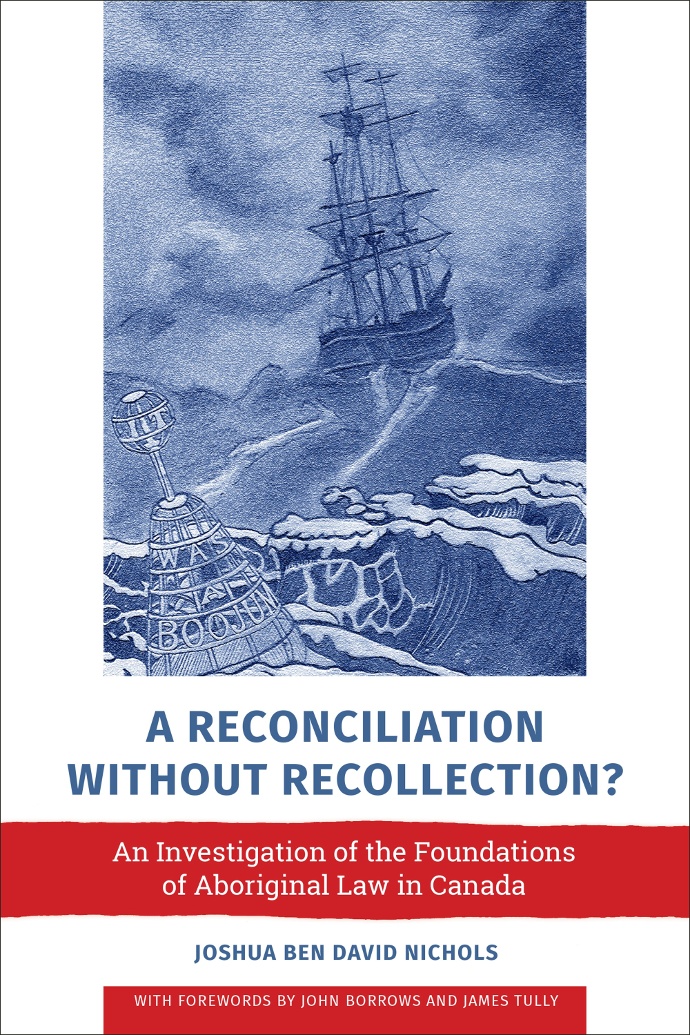
Professor Joshua Nichols, an expert in Aboriginal Law and Federalism at the University of Alberta Faculty of Law, has published a new book on the limits and possibilities of reconciliation.
A Reconciliation without Recollection? An Investigation of the Foundations of Aboriginal Law in Canada (University of Toronto Press) thinks through how Canada's Constitution rests on the assumption of Crown power over Indigenous nations and communities. The book addresses Canada's failure to remember that the foundation of section 35 of the Constitution Act, which provides constitutional protection to Indigenous peoples and their treaty rights, is fundamentally colonial.
In a post-Truth and Reconciliation climate, Nichols asks, is meaningful reconciliation possible when the Constitution assumes power over Indigenous peoples?
The book prompts the reader to rethink and reimagine what relationships can look like between Indigenous and non-Indigenous peoples when we "address the history of sovereignty without assuming its foundations." Nichols says that the question mark in the book's title is crucial - reconciliation can and should be questioned and reimagined.
Reconciliation, he writes, "has been a part of the everyday vocabulary of Indigenous-settler relations in Canada for some time now." But the everyday and legal definitions of the word conflict, Nichols he says. The spirit of reconciliation points to building better relationships, yet as a legal term, reconciliation takes on different meaning in Canadian law. In the context of accounting, to reconcile is to "make one account consistent with another." This is the meaning that Canadian law leans toward, Nichols argues.
The book features forewords by respected Ojibway legal scholar John Borrows and political philosopher James Tully.
Comments Borrows: "A Reconciliation without Recollection? Is among the best tools we have for opening our eyes to the choices that lie before us."